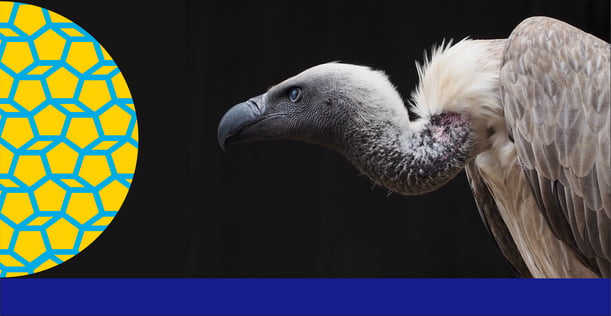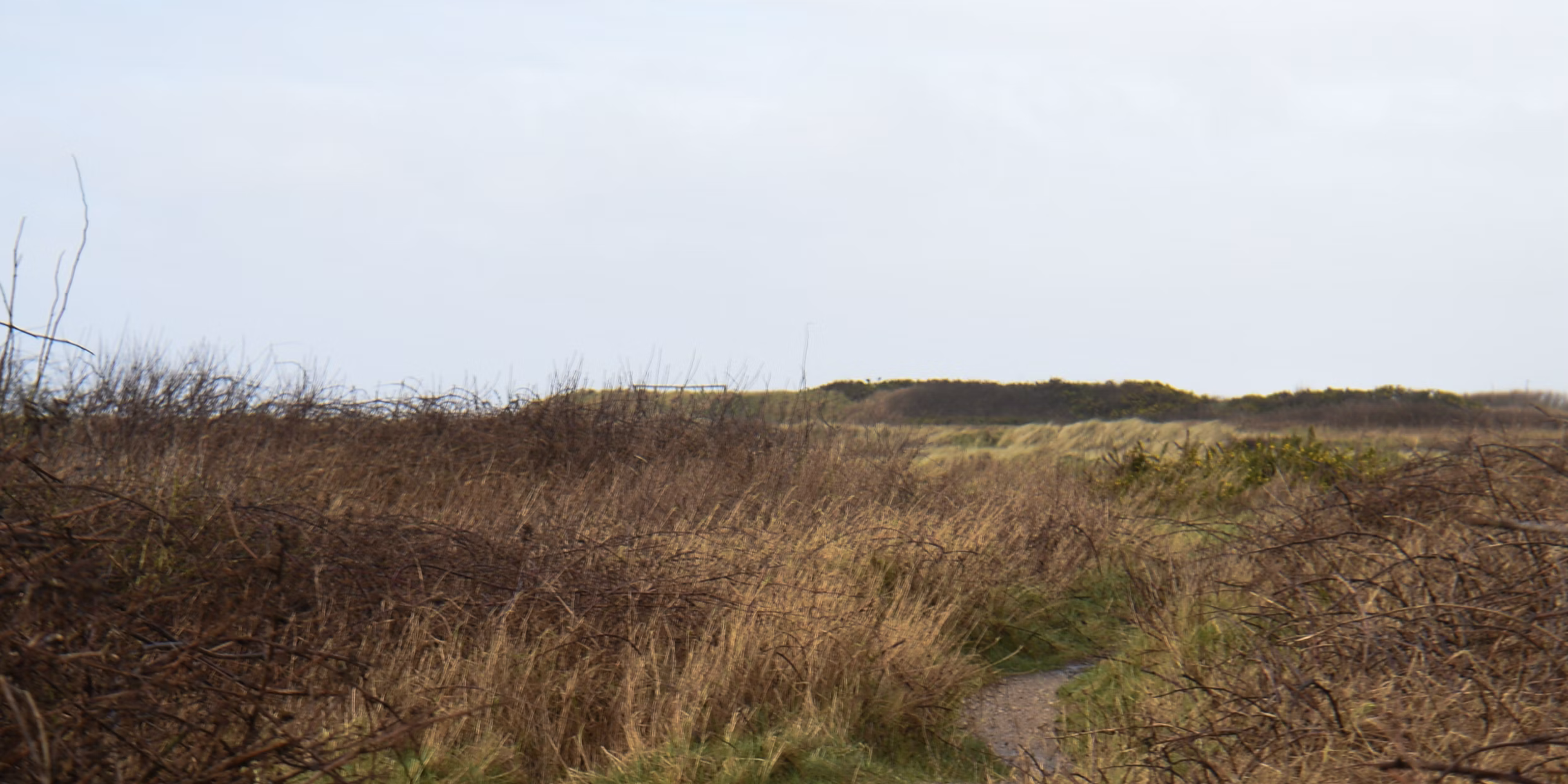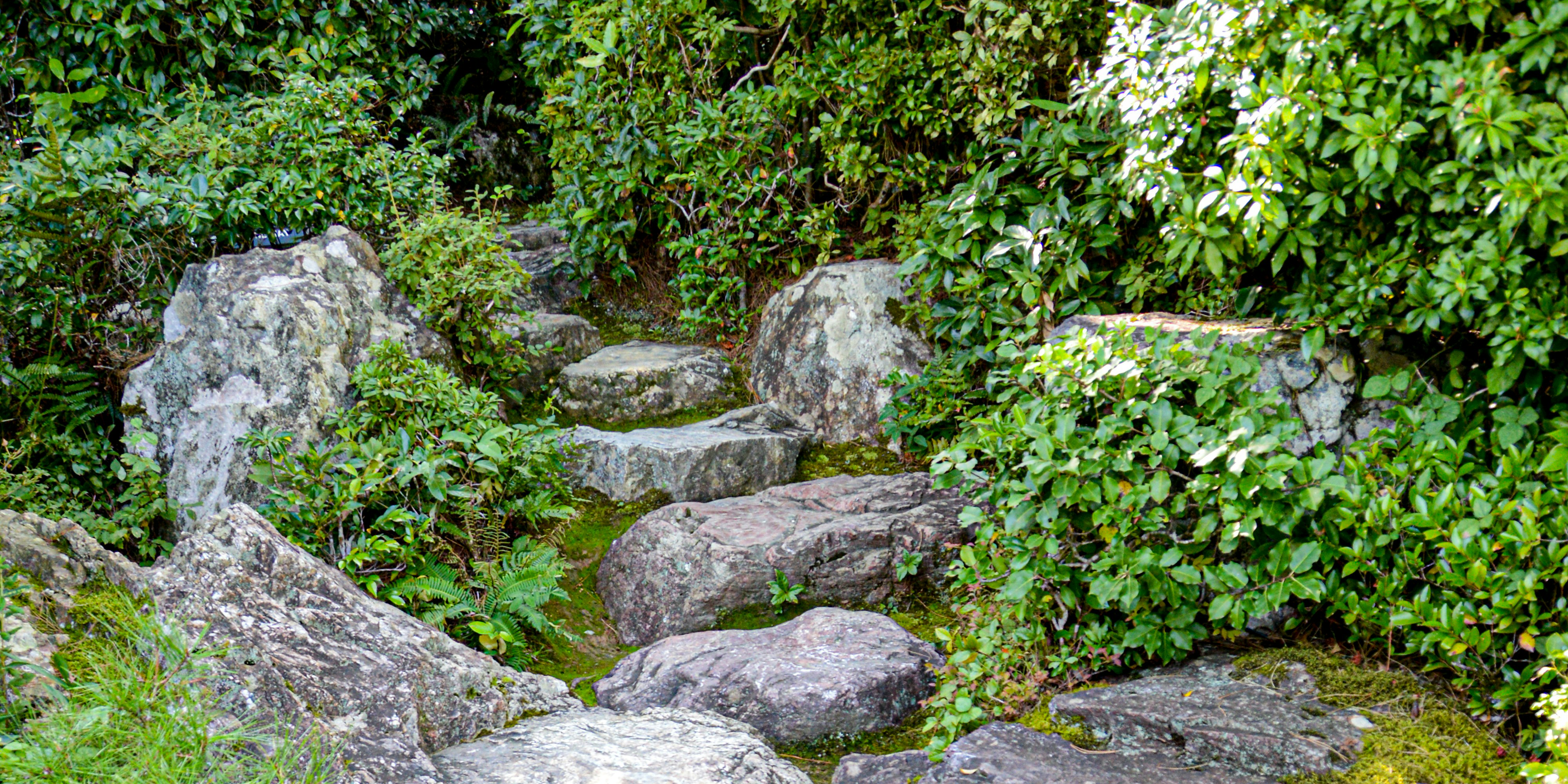
We know our natural resources are declining at a rapid rate and this of course means that animals and species are being affected, with many species already listed as extinct.
It is heartbreaking to think that our own urban development and our own needs/wants to have, in many ways, led to this decline. Of course, many of us want to try and do something, but often feel helpless. Yes, we can support recognised organisations that work tirelessly to fight against species extinction and the protection of our habitats, but beyond that, are there any other ways we can help?
Yes, we can. Even small steps count and many leaders in this space advocate easy ways for any person to start making a difference, for example:
- Make your home wildlife friendly - Reduce your use of water in your home and garden so that animals that live in or near water have a better chance of survival. You could even clean bird baths to avoid disease transmission and place decals on windows to deter bird collisions – given that millions of birds die every year just from window collisions.
- Planting indigenous plants - Not only will this help provide food and shelter for local wildlife, but indigenous plants attract bees and butterflies, which help pollinate plants. They also help attract birds into your garden, and provide them with feeding and breeding grounds and, as we know, birds act as good pest controllers too. Some indigenous plants in South Africa include gladiolus, freesia, gerbera, clivias, agapanthus’s, strelitzia, plumbago and the protea.
- Avoid using pesticides – While pesticides might keep your garden looking good, they are hazardous and negatively affect the natural ecosystem. Not only do pesticides take a long time to degrade and can therefore build up in the soil, but natural predators like hawks and owls can be harmed if they eat poisoned animals. Some animals, like amphibians are also very vulnerable to these chemicals and suffer because of the high levels of pesticides in their habitat. It is also important to remember not to dump chemicals down the drain as they will contaminate other water sources, so always make sure to dispose of them properly.
- Recycle and buy sustainable products – think green and eco in all your purchases. Today is it easy to buy recycled paper, and make use of sustainable products – everything from cleaning products to furniture can now be purchased. Think about recycling your electronics, because materials used in the manufacturing of many of these products are hazardous to the environment or are precious metals which can be extracted and re-used as another input material into new products. There are many outlets that let you recycle your electronic goods including your cell phones.
- Reduce your use of plastic. Most people have already started to take their own shopping bags to stores, instead of using plastic bags and this should be continued for all small purchases, not just groceries. Reuse containers, like 2L ice cream tubs, instead of buying more plastic containers and properly dispose of lightweight plastics through recycling depots. If we don’t, there is a risk that wild animals ingest or can get tangled in these products. Our oceans are also filled with plastic and microplastics which is having a devastating effect on the health of sea-living organisms globally.
- Never buy products made from threatened or endangered species. We know there is widespread illegal wildlife trading around the world: tortoiseshell, ivory, coral, animal furs are just a few examples – so if we want to stop this trade, we should not buy these products and provide a market for these goods. Be careful of trying to own or buy exotic pets like, macaws, cockatoos and finches. Even some live snakes, turtles and lizards are not allowed to be traded at all. Did you know that some plants today also have illegal trading conditions, like some orchids, cacti and cycads.
- Reduce your consumption. You can also help by reducing your own pollution footprint. Walk, bike, or take public transport, when you can, instead of driving your car or carpool to work or events if possible. Buy locally grown food and food that is in season – all of this can make a difference to habitats and the species within them.
We all often know what we should and can do, but sometimes convince ourselves that our little footprint won’t make a difference – but it does, and it can. Through leading by example and educating those around you, you can inspire others to become advocates of a cleaner environment, healthier and safer habitats for all our species. This is our common heritage, one we all should protect and enjoy.




SUBMIT YOUR COMMENT